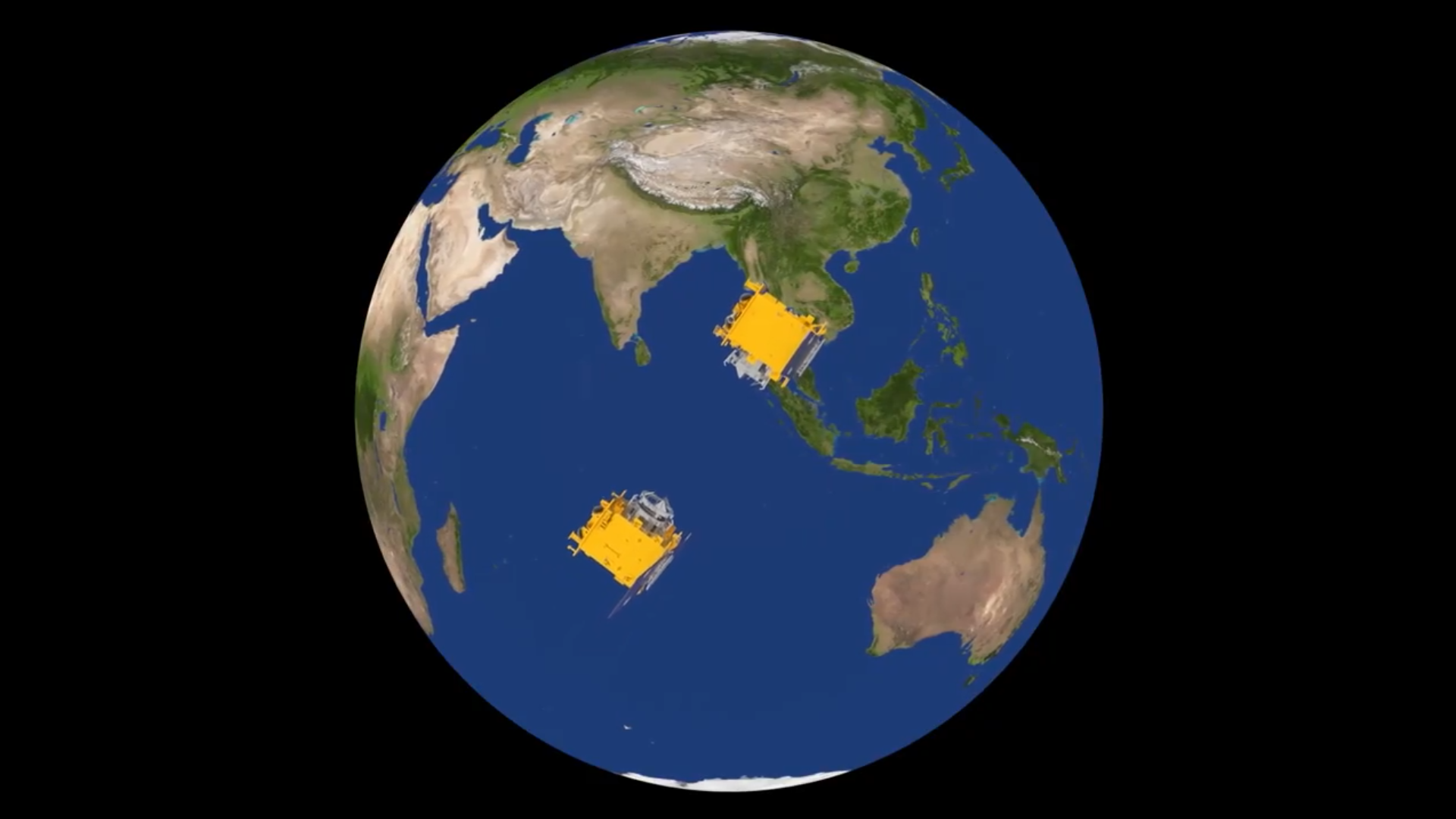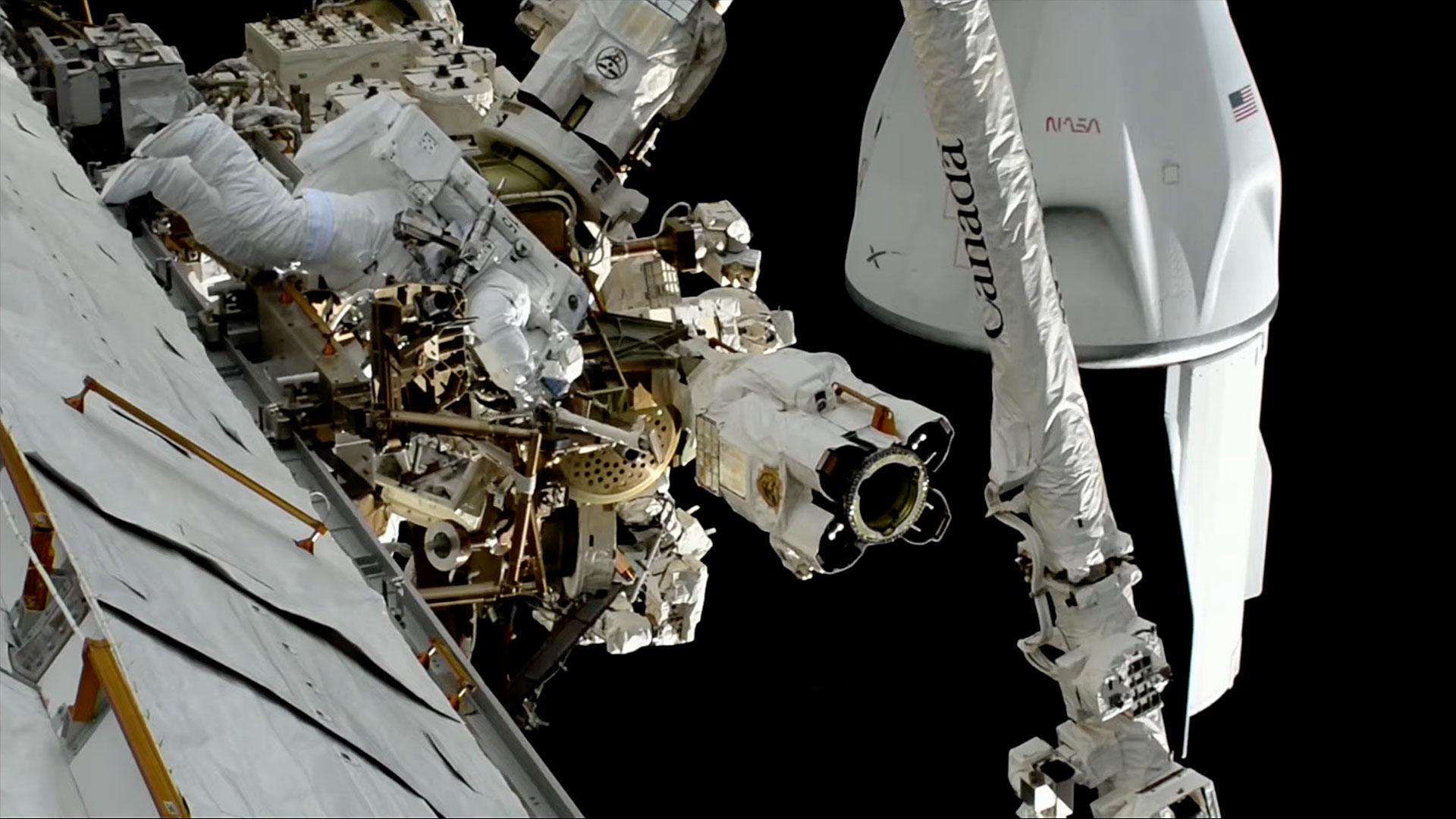The head of the European Space Agency says that ESA is ready for any changes in NASA’s direction that may come as a result of the incoming new administration in the United States.
ESA Director General Josef Aschbacher held an annual press briefing on Jan. 9, detailing the agency’s plans and budget for the coming years as well as plans to ramp up Europe’s independent access to space with new rockets.
In the immediate future, however, ESA may need to react to changes in policy and direction of its key space partner, NASA.
Aschbacher was asked during the briefing about the alliance of President-elect Donald Trump, SpaceX founder Elon Musk and Jared Isaacman, nominated to become the new NASA administrator, and specifically about potential changes to the United States’ moon exploration strategy.
Related: What a 2nd Trump administration could mean for NASA and space exploration
“What I can say is that we are certainly prepared for any scenarios that might come to the table,” Aschbacher said in response. “More than that, we are in very close exchange every single day with our colleagues at NASA, in particular, on some of the aspects that you mentioned.”
He was also asked specifically about the possible cancellation of NASA’s Space Launch System (SLS) megarocket and what could become of the planned moon-orbiting space station known as Lunar Gateway — both key elements of NASA’s Artemis moon program, as currently envisioned. ESA is a key Artemis partner, developing hardware, and manufactures the European Service Module (ESM) as its contribution to the Orion crew spacecraft, which launches on SLS.
“What I can say is that ESA and Europe will be ready to adjust, to find its own priorities, which are certainly linked to increasing our strengths, our autonomy, our capacities in space, and also be a very good partner internationally,” Aschbacher said.
Asked what would happen to Gateway if SLS is cancelled, Daniel Neuenschwander, ESA’s director of human and robotic exploration, responded that the cancellation would only impact ESA if no other launcher were able to transport Orion and the ESM to lunar orbit.
“We are studying options, and we are also exchanging these options with our partners — first and foremost, NASA,” Neuenschwander said.
Donald Trump is set to be inaugurated on Jan. 20, beginning a second four-year term as U.S. president. His pick to take over as NASA administrator will need to be confirmed by the U.S. Senate. The administration’s direction on space will likely be revealed through announcements and processes, such as the president’s budget request.






